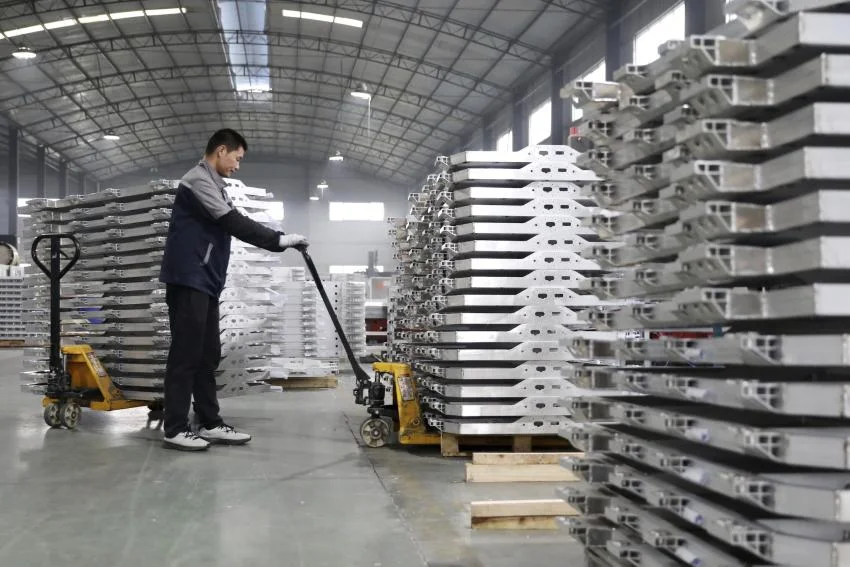A new report links the world’s biggest car companies to Chinese government forced labor in the northwest Xinjiang region.
The new research, by Sheffield Hallam University’s Helena Kennedy Centre for International Justice and NomoGaia, a nongovernmental organization, details Xinjiang’s role in the production of metals critical to auto manufacturing, including aluminum, steel, and copper, as well as the region’s manufacturing of batteries, tires, and other car parts.
The report finds evidence that many Xinjiang-based suppliers are implicated in government forced labor programs and details links to major car makers. The authors wrote to the car companies and suppliers referenced in the report, and as of December 6 had received replies from 13 companies, either denying links to Xinjiang or promising to investigate further.
Since 2017, Chinese authorities in Xinjiang have detained an estimated one million Uyghurs and other Turkic Muslims. Detainees and prisoners are subjected to torture and other ill-treatment, cultural and political indoctrination, and forced labor.
An August 2022 report by the Office of the United Nations High Commissioner for Human Rights found that the abuses in Xinjiang may amount to crimes against humanity.
This June, the United States Uyghur Forced Labor Prevention Act took effect, establishing a presumption that goods made in whole or in part in Xinjiang, or produced by entities in China linked to forced labor, are not eligible to be imported into the United States. Car makers with suppliers in Xinjiang risk having their vehicles or parts seized at the border by US customs officials. The European Union in September 2022 proposed a law that would prohibit the import of products made with forced labor.
Human Rights Watch in 2021 co-published a report describing aluminum sourcing as a blind spot for the car industry and calling for increased efforts to map aluminum supply chains and address related human rights abuses.
This latest report makes clear that car makers should accelerate efforts to trace their supply chains and enhance their oversight of suppliers. Failing to do so means they risk selling vehicles tainted with forced labor.


